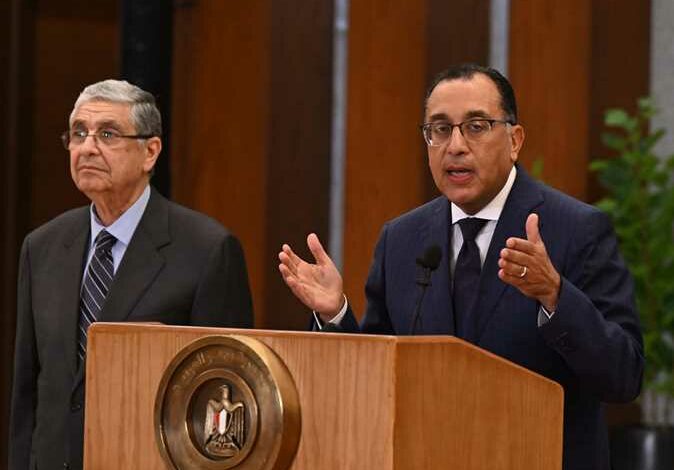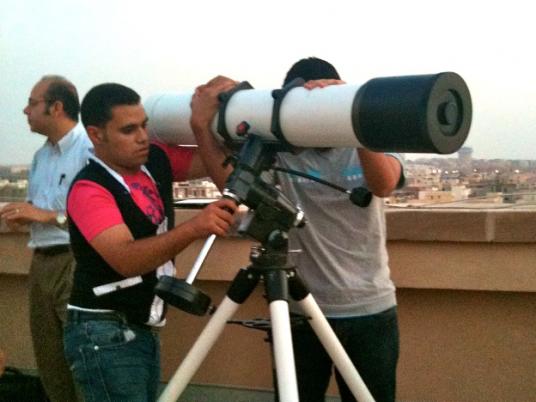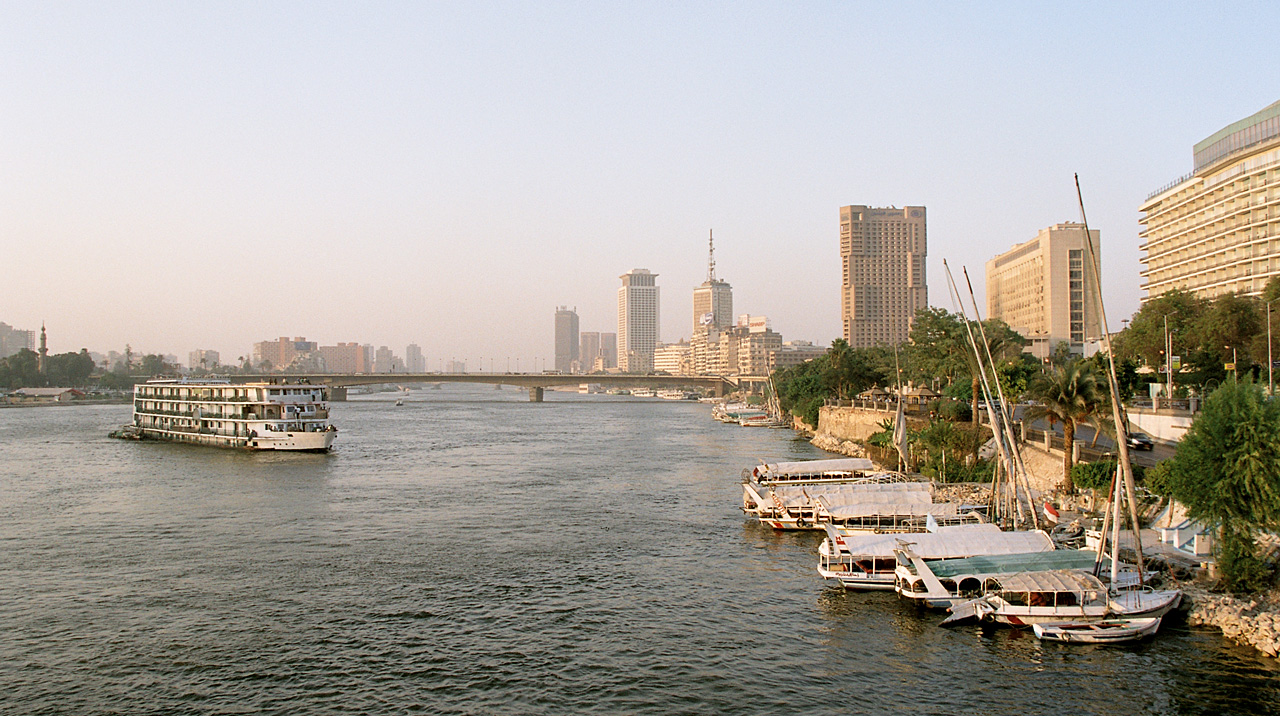
Back in November 2024, Prime Minister Mostafa Madbouly acknowledged what he deemed a “crisis of trust between the citizen and the government.”
He attributed the causes to continuous economic pressures and bureaucratic complexities.
The Prime Minister noted that this negatively affects the local investment environment, undermines the effectiveness of the tax system, and leaves Egyptians vulnerable to believing rumors and false news.
It appears the issue is much more complex than previously imagined. Trust is not only missing between the citizen and the government, but also between citizens themselves.
This is a serious alarm bell that must be confronted.
Global opinion polls conducted in 2022, the results of which were published days ago by the English website “Our World in Data,” asked citizens from 90 countries the question: “Are most people trustworthy, or do you need to be very careful when dealing with them?”
The samples included between 1,000 and 1,500 participants.
Egypt came in 81st place. The results indicated that only seven percent of Egyptians have trust in their fellow citizens.
The trust rates for Iraq were 11 percent and for Lebanon 10 percent.
Following Egypt were countries like Brazil (83rd), the Philippines (85th), Indonesia (86th), and Peru (89th), all with a trust rate of four percent.
In the intermediate ranks were countries such as Australia (49 percent trust rate), Britain (43 percent), America (37 percent), Italy (27 percent), and France (26 percent).
The top positions were occupied by the Nordic countries: Denmark (74 percent trust rate), Norway (72 percent), and Finland (68 percent).
Surprisingly, China ranked fourth with a trust rate of 63 percent, making it the only non-Western country in the top ten list.
Experts attributed the high trust rates among Nordic peoples to the established welfare systems provided by the state to its citizens, low corruption rates, and governments that enjoy transparency.
The decline in trust in other countries is attributed to instability and economic fluctuations, rampant corruption, and high crime rates.
These factors, which primarily lead to diminished trust between citizens and their government, subsequently causes citizens to lose trust even in each other.
This is an extremely serious problem: people no longer trust each other and exercise extreme caution when dealing with one another.
The average citizen assumes bad faith, believing that anyone they interact could harm them in some form.
The assumption of good faith in one another, which distinguished us for hundreds of years, has been replaced by suspicion and bad faith.
Trust is like the glue that works to strengthen the relationship between the citizens of a single country. It is also what shapes institutions and makes them acceptable to people. There is no economic activity without trust.
If the populace does not trust its government’s ability to perform its function and help them face the difficulties of life, then everything is lost.
Trust is not a tangible, material thing, but it is extremely important for achieving all material goals.
It is akin to the cement that binds concrete together to form a single strong construction, such as buildings, bridges, or dams.
We may disagree on the precise percentage of distrust among Egyptians themselves, or between them and the government, but the evidence of lost trust is so abundant that you do not need effort to see it yourself.
Author’s bio
Abdel Allah Abdel Salam is the managing editor at Al-Ahram newspaper where he writes a daily column titled “New Horizon”.
He holds a Bachelor’s degree in Journalism from the Faculty of Mass Communication, Cairo University (1987).
He began his journalistic career at Al-Wafd newspaper, then moved to the Middle East News Agency, before settling at Al-Ahram newspaper in June 1991. He founded the Al-Ahram electronic portal and served as its editor-in-chief from 2010 to 2013.
He held the position of executive editor-in-chief of the Al-Masry Al-Youm website in 2013.
Salam has also worked as managing editor of the Al Ain (UAE) portal in 2016, and managing editor of the “Al-Watan” (Egyptian) newspaper’s website in 2017.




